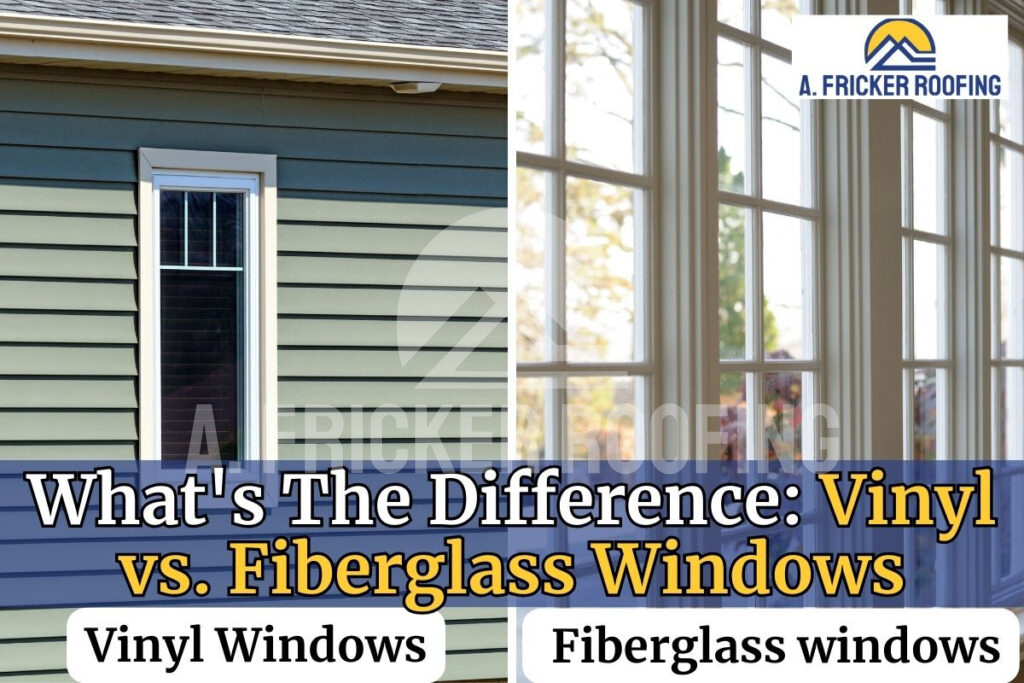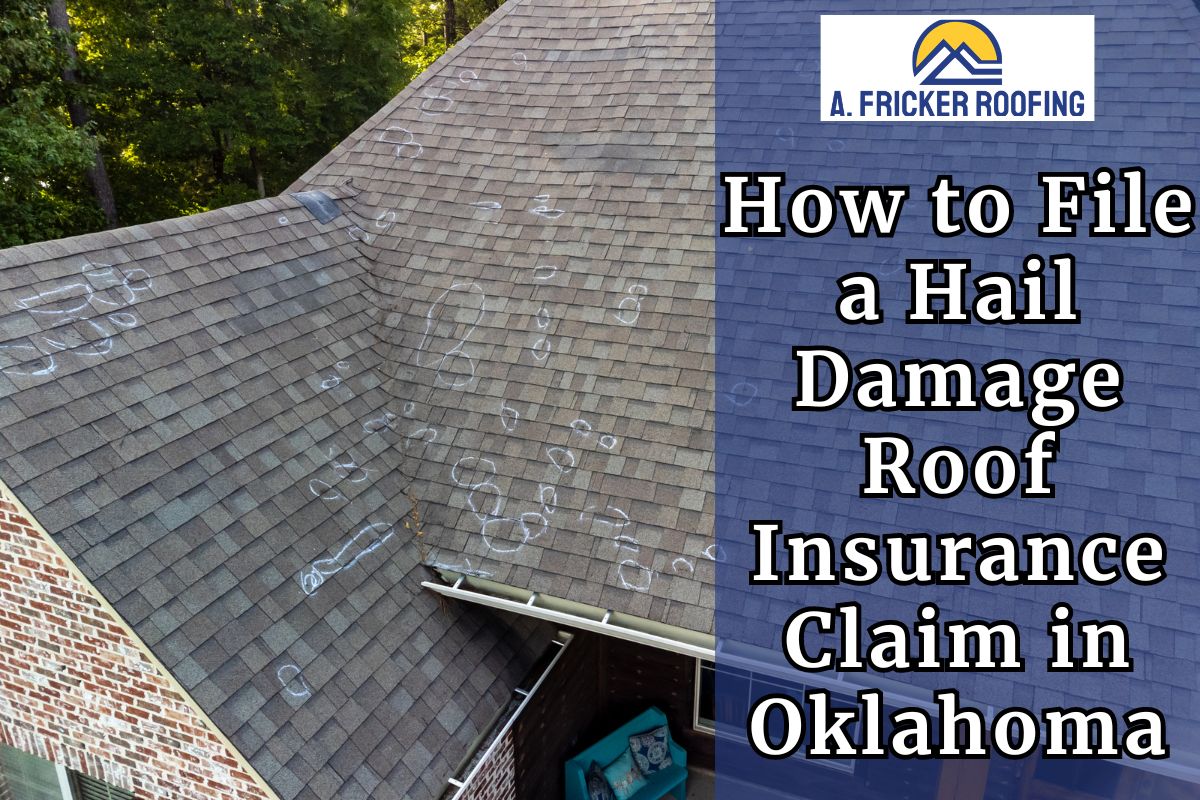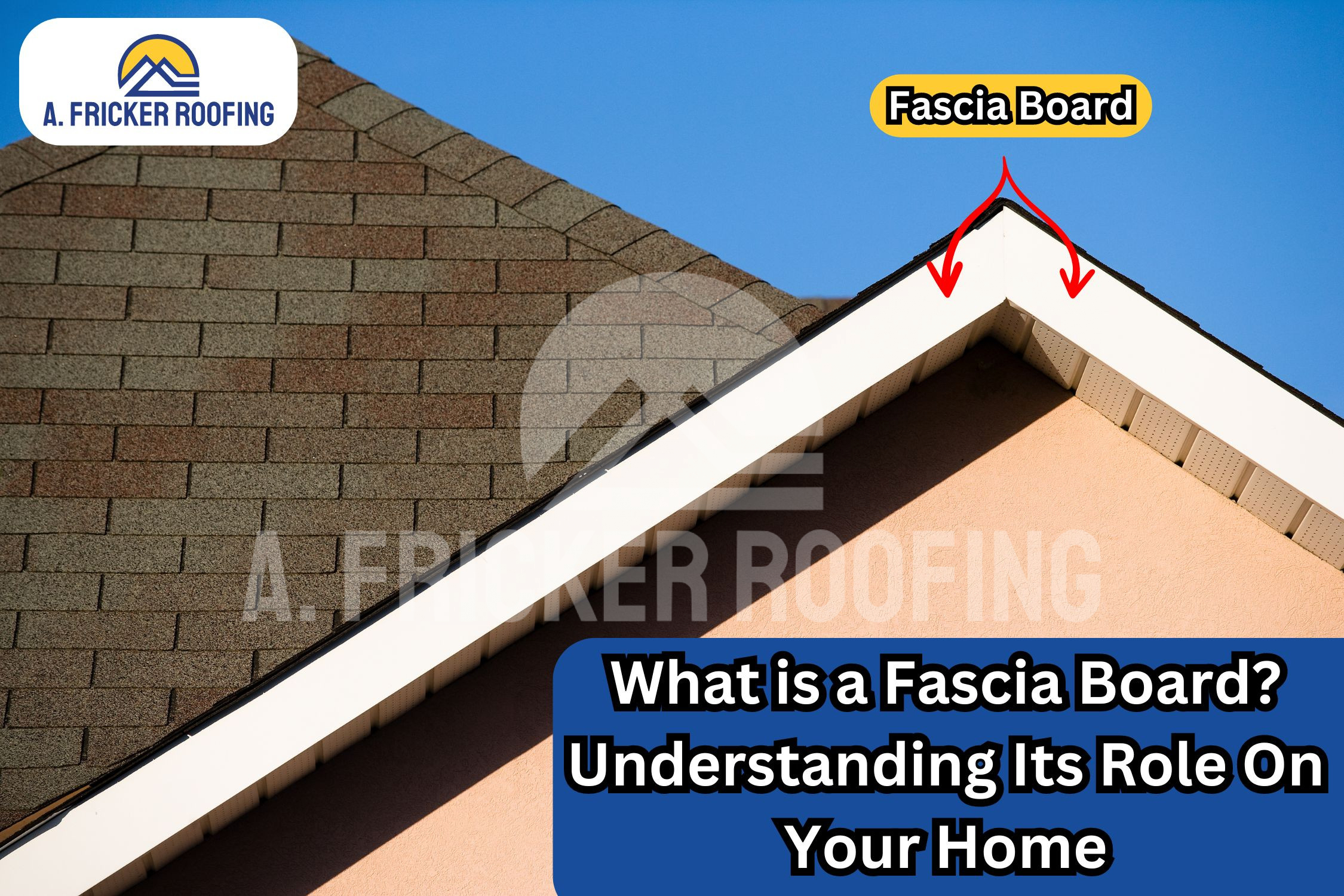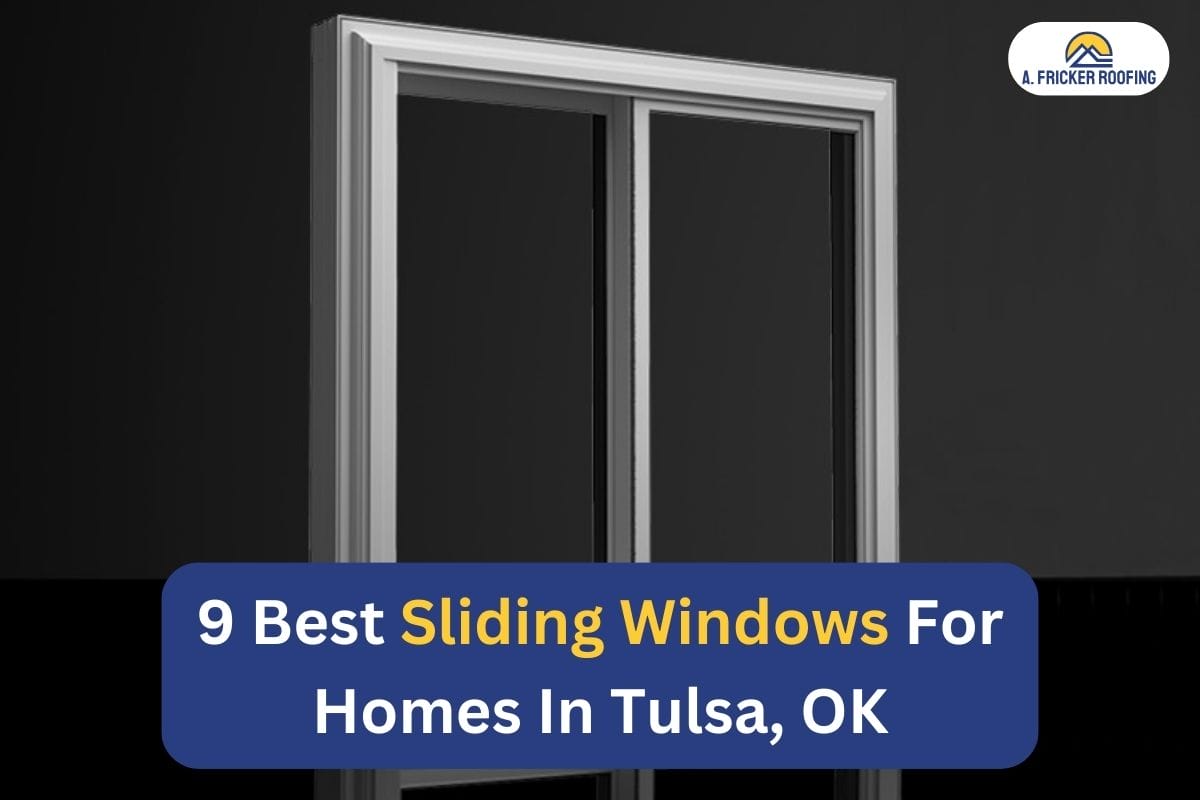When it comes to replacing or installing new windows in your home, the choices can seem overwhelming. Two popular options that often come into consideration are vinyl and fiberglass windows. While both types have their benefits, they differ significantly in terms of material composition, performance, and cost. In this comprehensive guide, we’ll dive into vinyl vs. fiberglass windows, exploring the pros and cons of each to help you make an informed decision for your home.
Overview of Vinyl Windows
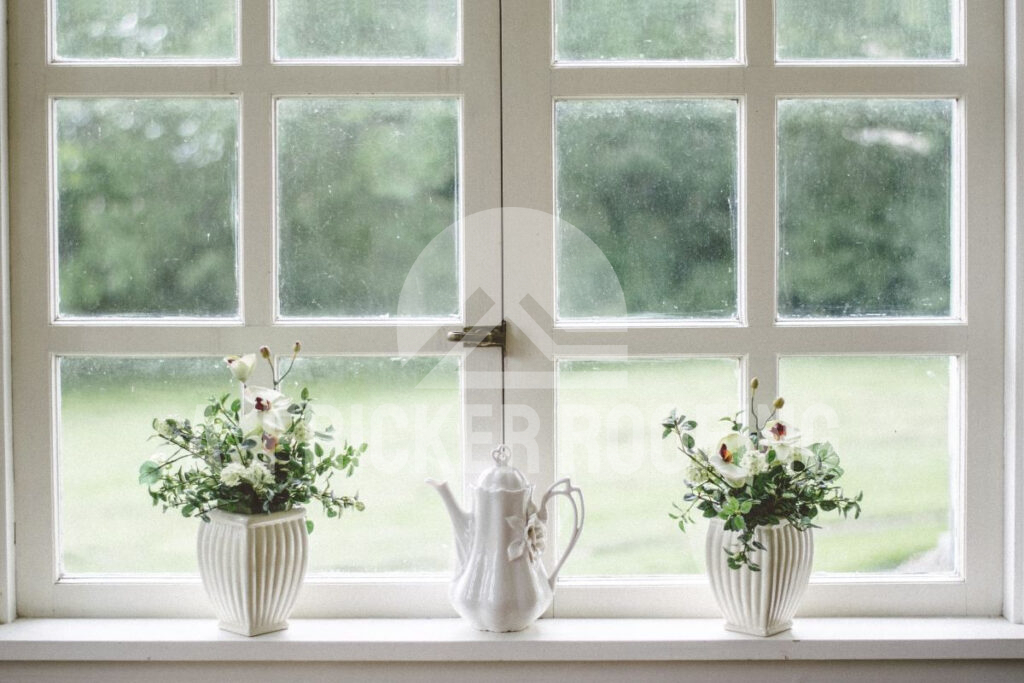
Vinyl windows, made from polyvinyl chloride (PVC), have been a staple in the window market for decades. Their rise in popularity can be attributed to their affordability, low maintenance requirements, and energy efficiency. PVC is a durable and flexible material that can be easily molded into various shapes and sizes, making it an ideal choice for window frames.
Vinyl Windows Pros and Cons
Pros:
- Affordable and cost-effective
- Low maintenance requirements
- Energy efficient (with proper insulation)
- Wide range of color and style options
- Easy to install
Cons:
- Susceptible to warping or cracking in extreme temperatures
- Limited customization options
- Environmental concerns (production and disposal)
Overview of Fiberglass Windows
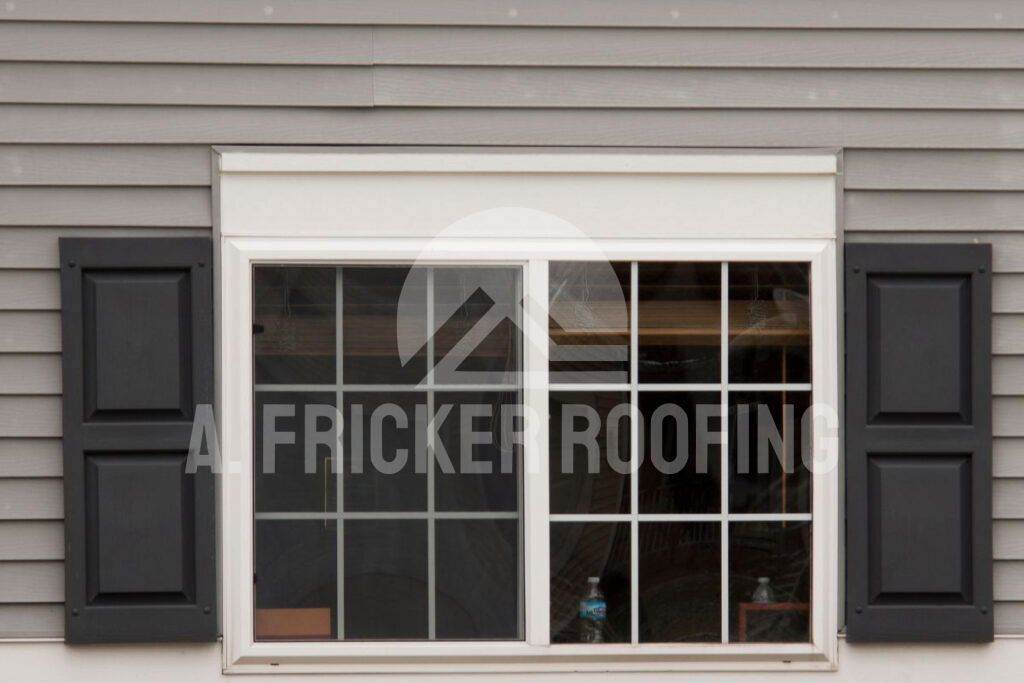
On the other hand, fiberglass windows are relatively newer to the market. Constructed from a composite material made of glass fibers and resin, these windows offer unparalleled strength and rigidity. While not as prevalent as vinyl windows, fiberglass options have gained traction among homeowners seeking superior durability and enhanced thermal performance and insulation properties.
Fiberglass Windows Pros and Cons
Pros:
- Exceptional durability and longevity
- Superior thermal performance and energy efficiency
- Resistant to moisture, rot, and temperature changes
- Highly customizable in terms of design and style
- Environmentally friendly
Cons:
- Higher upfront cost compared to vinyl
- More complex and labor-intensive installation
- Susceptible to cracking or chipping if not properly installed or maintained
Vinyl vs. Fiberglass Windows: In-Depth Comparison
1. Material Composition and Structure
Vinyl Windows:
The primary component of vinyl windows is PVC, a synthetic plastic material known for its durability and weather resistance. Vinyl is a rigid material, but it can be made flexible through the addition of plasticizers, allowing for easier shaping during manufacturing. The typical structure of a vinyl window consists of hollow chambers within the frame, which can be filled with insulation for improved energy efficiency.
Fiberglass Windows:
Fiberglass windows are made from a composite material, resulting in a strong and rigid structure. The glass fibers provide tensile strength, while the resin acts as a binder, creating a durable and weather-resistant material. Fiberglass windows are generally constructed with a solid, insulated core, which contributes to their superior thermal performance.
Also Read: 9 Best Replacement Windows Of 2024 (& Their Cost)
2. Performance and Durability
Vinyl Windows:
A top advantage of vinyl windows is their energy-efficient properties. The insulating properties of the PVC material, combined with the hollow chamber design, help to reduce heat transfer and improve thermal insulation. This can result in lower energy bills and a more comfortable indoor environment. Additionally, vinyl windows are resistant to moisture, rot, and insect damage, making them a durable choice for various climates.
However, vinyl windows can become brittle and susceptible to cracking or warping over time, particularly in extreme temperature conditions. Proper installation and routine maintenance are crucial to ensure their longevity.
Fiberglass Windows:
Fiberglass windows excel in terms of thermal performance and durability. Their solid, insulated construction provides exceptional insulation, helping to minimize heat transfer and reduce energy costs. Additionally, fiberglass is highly resistant to temperature fluctuations, moisture, and UV rays, making it an ideal choice for harsh climates (e.g., coastal regions or areas with extreme temperatures).
When it comes to lifespan, fiberglass windows can outlast their vinyl counterparts, often lasting several decades with minimal maintenance. However, it’s important to note that fiberglass windows can be susceptible to cracking or chipping if not properly installed or maintained.
3. Aesthetics and Customization
Vinyl Windows:
Vinyl windows offer a wide range of color and finish options, from traditional white to woodgrain textures and custom colors. They are available in various styles, including double-hung, casement, and sliding windows, catering to diverse architectural preferences. While customization options exist, they may be limited compared to other window materials, particularly when it comes to intricate designs or custom shapes.
Fiberglass Windows:
Fiberglass windows also offer a variety of color and finish options, often replicating the look of wood or other premium materials. They are also available in various styles, including double-hung, casement, awning, and hopper windows, allowing for architectural flexibility. Fiberglass windows can be customized to a greater extent than vinyl, with the ability to accommodate unique shapes, grille patterns, and design elements.
Related: 10 Types Of Windows For Your Home
4. Installation and Cost
Vinyl Windows:
One of the significant advantages of vinyl windows is their relatively easy installation process. Vinyl is a lightweight material, making it more manageable for installation crews. Additionally, vinyl windows are generally more affordable than their fiberglass counterparts, with varying cost ranges based on size, style, and brand.
Fiberglass Windows:
While fiberglass windows offer superior performance and durability, their installation can be more complex and labor-intensive due to their weight and rigidity. This can result in higher installation costs compared to vinyl windows. The overall cost of fiberglass windows can be significantly higher than vinyl, often ranging from 10% to 30% more expensive, depending on the specific brand, size, and features.
5. Environmental Impact and Sustainability
Vinyl Windows:
The environmental impact of vinyl windows is a contentious topic. While PVC is a durable and long-lasting material, its production and disposal can have negative environmental consequences. The manufacturing process can involve the release of harmful chemicals, and the disposal of vinyl windows can contribute to landfill waste as they are not easy to recycle.
However, it’s important to note that vinyl windows can contribute to energy efficiency and sustainability through their insulating properties, which can lead to reduced energy consumption and lower greenhouse gas emissions.
Fiberglass Windows:
Fiberglass windows are generally considered more environmentally friendly than vinyl options. The production process involves fewer harmful chemicals, and the material itself is recyclable. Additionally, fiberglass windows’ superior insulation properties contribute to energy efficiency and reduced carbon footprint.
It’s worth mentioning that the environmental impact of any window material can vary depending on the specific manufacturing processes and disposal methods employed by the manufacturer.
Which One is Right for You?
Are fiberglass windows better than vinyl? Choosing between vinyl and fiberglass windows ultimately comes down to your specific needs, budget, and priorities. Here are some key factors to consider:
1. Climate and Weather Conditions
If you live in an area with extreme temperatures or harsh weather conditions, fiberglass windows may be the better choice due to their superior durability and resistance to temperature fluctuations. However, in milder climates, vinyl windows can still provide adequate performance.
2. Budget Constraints
If you’re working with a limited budget, vinyl windows may be the more cost-effective option. However, keep in mind that while the upfront cost is lower, you may need to replace vinyl windows sooner than their fiberglass counterparts.
3. Aesthetic Preferences
Both vinyl and fiberglass windows offer a range of color and style options, but fiberglass windows can be more customizable, allowing you to achieve unique designs or match existing architectural elements.
4. Long-Term Maintenance and Durability Needs
If you prioritize low maintenance and longevity, fiberglass windows may be the better investment. Their durability and resistance to various elements can potentially save you money in the long run by reducing replacement costs.
Final Thoughts
The vinyl vs. fiberglass windows debate is a nuanced one, with both options offering distinct advantages and trade-offs. By considering factors such as climate, budget, aesthetics, and long-term maintenance needs, you can make an informed decision that not only enhances the beauty and functionality of your home but also aligns with your personal priorities and lifestyle.
Contact Our Expert Window Installers In Tulsa, OK, For New Installations or Replacements
Are you considering replacing or installing new windows in your home or commercial space? Contact the expert windows installers and home renovation specialists at A. Fricker Roofing and Waterproofing in Tulsa, OK. Contact us today at (918) 402-7167 and consult a professional for your window installation needs. Our experts can proficiently handle any home improvement project.
